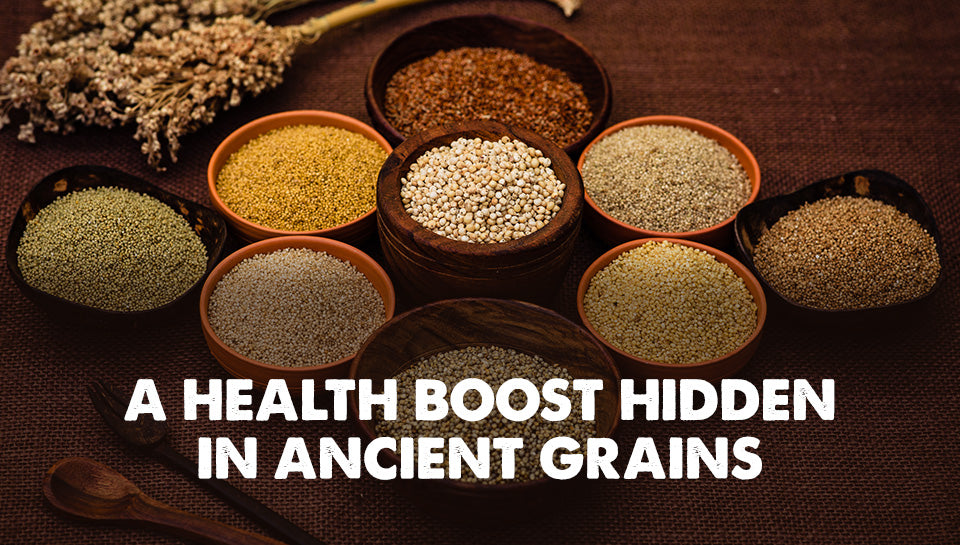Introduction:
In the realm of nutrition, millets have emerged as versatile and nutrient-rich grains with the potential to address various health concerns. This blog aims to shed light on how incorporating millets into our diets can offer a natural and holistic approach to managing conditions like Polycystic Ovary Syndrome (PCOD), Diabetes, and Obesity.
- Managing PCOD with Millets:
Polycystic Ovary Syndrome (PCOD) is a common hormonal disorder that affects individuals, particularly women of reproductive age. Millets, with their low glycemic index, can play a crucial role in regulating blood sugar levels. The high fiber content in millets aids in maintaining a healthy weight, which is often a concern for individuals with PCOD. Additionally, the nutrients in millets contribute to overall hormonal balance, potentially alleviating symptoms associated with PCOD.
- Controlling Diabetes Naturally:
For individuals managing diabetes, millets offer a diabetes-friendly alternative to traditional grains. The low glycemic index of millets ensures a gradual rise in blood sugar levels, preventing sudden spikes. This can contribute to better blood sugar control and improved insulin sensitivity. Furthermore, the fiber and protein content in millets helps in managing weight, a crucial aspect of diabetes management. Including millets in the diet can provide sustained energy without causing significant fluctuations in blood glucose levels.
- Combatting Obesity with Millets:
Obesity is a complex condition with various contributing factors, including diet and lifestyle. Millets, being nutrient-dense and high in fiber, promote a feeling of fullness and satiety. This can aid in weight management by reducing overall calorie intake. The slow release of energy from millets also helps in avoiding sudden hunger pangs and unhealthy snacking, supporting those aiming to achieve and maintain a healthy weight.
- Choosing the Right Millets:
Different types of millets offer unique benefits. For example:
Foxtail Millet: Rich in fiber and low in carbohydrates, making it suitable for diabetes management.
Barnyard Millet: High in fiber and iron, beneficial for individuals with PCOD and those looking to boost their nutrient intake.
Proso Millet: Known for its protein content, it can aid in muscle building and weight management.
Finger Millet (Ragi): Packed with calcium and iron, it's a great choice for overall health and can be particularly beneficial for those with PCOD.
Conclusion:
Incorporating millets into the diet can be a natural and effective strategy for managing PCOD, diabetes, and obesity. However, it's crucial to consult with healthcare professionals or nutritionists to create a personalized and well-balanced meal plan. By harnessing the power of these ancient grains, individuals can take significant steps towards achieving and maintaining better health while enjoying a diverse and delicious range of millet-based dishes.




